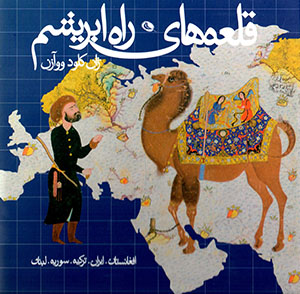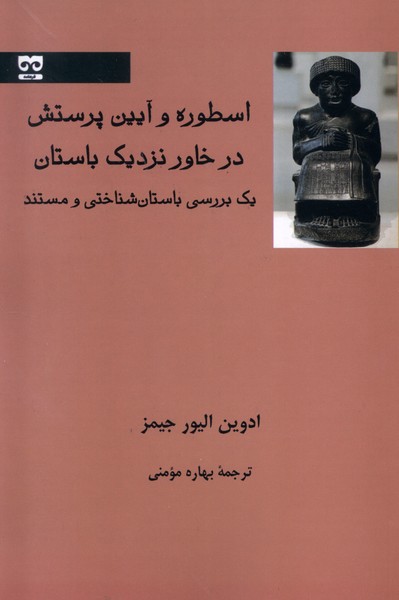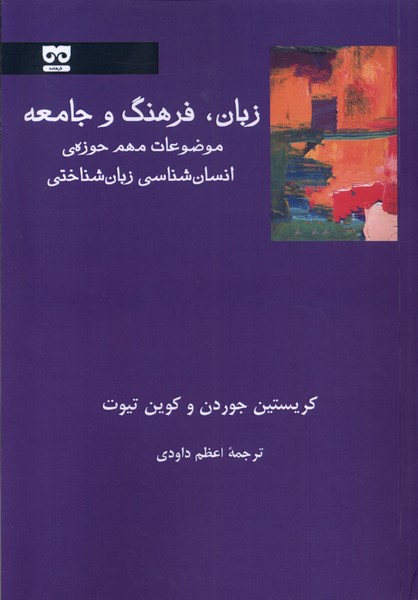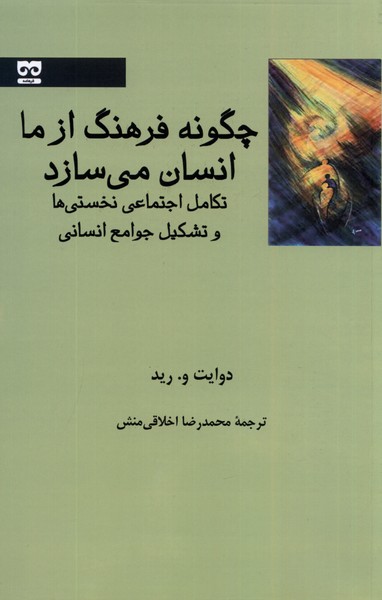Būmgardī (Insān'shināsī-yi Safar va Gardishgarī): Persiska (Farsi) 1402
بومگردی (انسانشناسی سفر و گردشگری)
20,74 $
Dela
Wishlist
Originaltitel:
Native Tours: The Anthropology of Travel and Tourism
ISBN:
9786008284895
Översättare:
Anīs Ṣā'ib
Förlag:
Farhāmah
Åldersgrupp:
Vuxen
Sidor:
201
Vikt:
178 g
Produktmått:
14 x 21 x 1
,
8 cm
Bokomslag:
Pocketbok
We are all tourists in an increasingly portable world. Tourism has the potential to increase our understanding of other cultures and places. Why then do so many of us try to avoid applying the term "tourist" to our own travels, and why are tourists so often disparaged and resented in the places they visit? For decades tourism has been regarded as a trivial activity, not worthy of serious intellectual interest. In the meantime, it has become one of the largest industries in the world, transforming the places in which we live major towns and cities or the most remote regions of the globe. Tourism is also the most intimate of all industries, bringing people of strikingly different backgrounds into close but also almost invariably transient relationships. Chambers shares many of his own travel experiences and research in this book and invites us to explore the cultural and environmental consequences of our own travels. He offers detailed case studies of tourism in the American Southwest, the Tyrolean Alps, and the Caribbean nation of Belize. A unique feature of the book is Chambers' discussion of the development of Japanese tourism, as an antidote to the prevalent notion that modern tourism was solely an invention of the West.
more
نویسنده این کتاب استاد گروه انسان شناسی دانشگاه مریلند است و در در مورد زمینه های گوناگون بومگردی و گردشگری صاحب نظر است. چمبرز با رویکردی انسان شناسانه به پدیده اجتماعی مسافرت و گردش نگاه کرده و همین امر وی را به عنوان یکی از پدران بنیان گذار مطالعات میان رشته ای و نوظهور «انسان شناسی گردشگری» مطرح ساخته است. در این زمینه مطالعاتی، دیدگاه فرهنگی و ایده های کلیدی انسان شناسی پیرامون روابط میزبان و مهمان در جهان و مطالعات اجتماعی درباره تأثیرات منفی و مثبت گردشگری به عنوان یکی از بزرگترین صنایع جهان امروز مطرح می شود. چمبرز با استفاده از سبک نوشتاری منحصر به فرد در کنار تسلط استثنایی بر ادبیات انسان شناسی، آثار خود را تحریر می کند. از این رهگذر، چمبرز در چاپ سوم کتابش بر پیامدهای اجتماعی ،فرهنگی، اقتصادی و زیست محیطی گردشگری تمرکز دارد و چارچوبی برای شناخت ایده های صنعت گردشگری در شرایط خاص اجتماعی، فرهنگی و سیاسی خود ارائه داده است. برای نمونه وی سه مطالعه موردی دقیق که از جنوب غربی آمریکا، کوه های آلپ و بلیز منشا گرفته اند، به کار گرفته است تا هزینه ها و منافع متنوع گردشگری بومی را نشان دهد. همچنین نگاه ویژه به زمینه های انسانی و اجتماعی مسافرت ماتند ریشه شناسی سفرهای زیارتی اولیه و سفرهای تجاری و اکتشافی دوره رنسانس و تأثیرات شروع عصر استعمار بر این پدیده، از رویکردهای منحصر به فرد وی در نگاه به پدیدۀ مسافرت می باشد. بررسی سنت های سفر در اقصی نقاط جهان همانند سفرهای زیارتی- سیاحتی ژاپنی ها در قرون گذشته و نیز بررسی رابطه منحصر به فرد سفر با مدرنیته از جمله ویژگی های برجسته کتاب است. چمبرز با ارائه یافته های خود دریافته است که نباید به پدیده گردشگری به عنوان پدیده ای بدون تأثیرات اجتماعی و سیاسی عمیق بر جامعه انسانی نگریست.
We are all tourists in an increasingly portable world. Tourism has the potential to increase our understanding of other cultures and places. Why then do so many of us try to avoid applying the term "tourist" to our own travels, and why are tourists so often disparaged and resented in the places they visit? For decades tourism has been regarded as a trivial activity, not worthy of serious intellectual interest. In the meantime, it has become one of the largest industries in the world, transforming the places in which we live major towns and cities or the most remote regions of the globe. Tourism is also the most intimate of all industries, bringing people of strikingly different backgrounds into close but also almost invariably transient relationships. Chambers shares many of his own travel experiences and research in this book and invites us to explore the cultural and environmental consequences of our own travels. He offers detailed case studies of tourism in the American Southwest, the Tyrolean Alps, and the Caribbean nation of Belize. A unique feature of the book is Chambers' discussion of the development of Japanese tourism, as an antidote to the prevalent notion that modern tourism was solely an invention of the West.
more

















